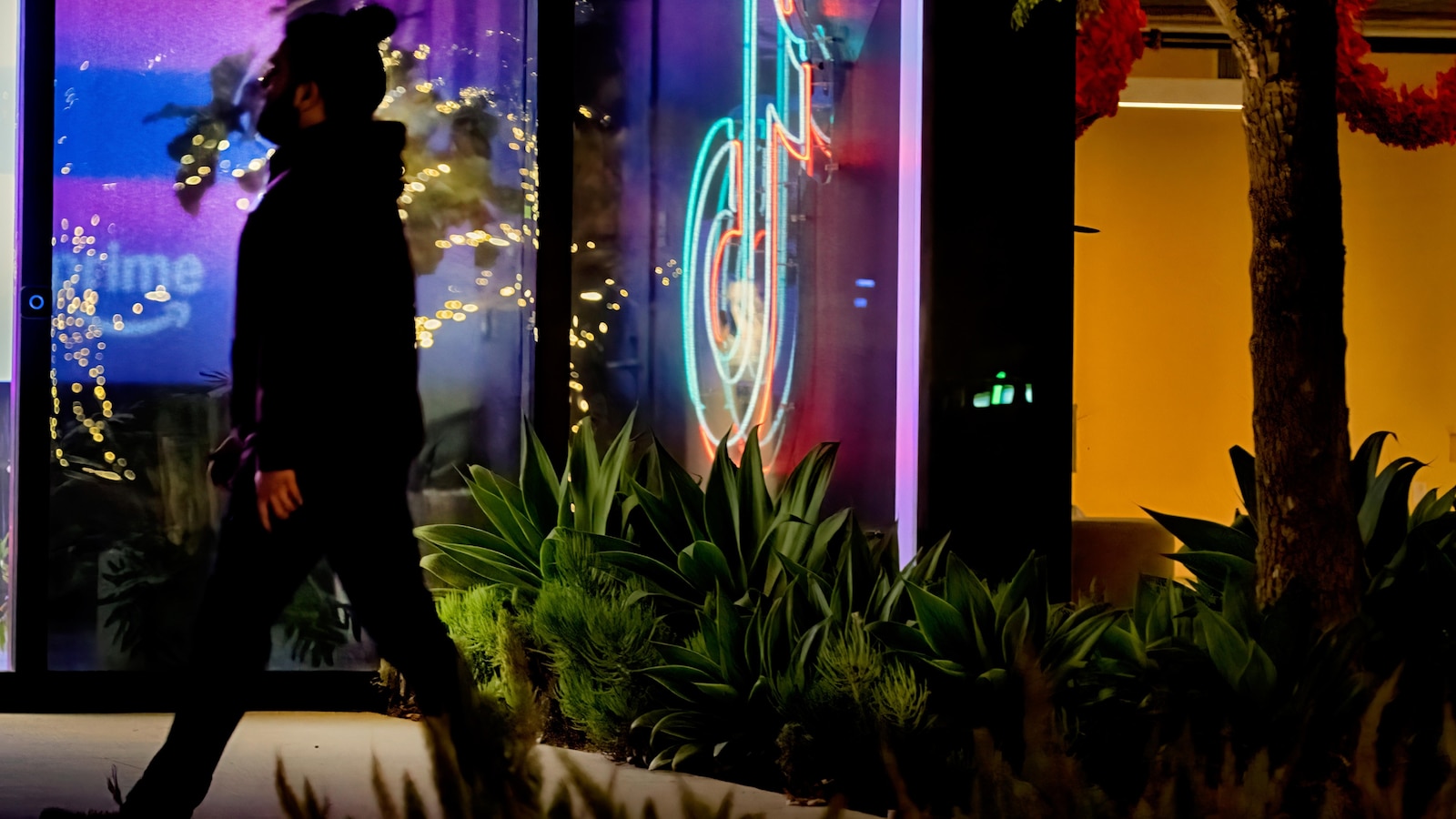Introduction
As TikTok continues to dominate the social media landscape, the platform faces a significant legal hurdle that could alter the way millions of users and creators engage with it. Recently, a court denied TikTok’s request to pause a potential ban in the United States, igniting a legal battle that could have far-reaching implications. With the Supreme Court poised to review the case, stakeholders are left to speculate about what a ban would mean for the platform’s future and the vibrant community that has developed around it.
The Current Legal Landscape
The legal proceedings surrounding TikTok are rooted in national security concerns. U.S. policymakers have expressed anxiety over the app’s Chinese ownership, raising fears that user data could be accessed by the Chinese government. The Biden administration has taken a cautious approach, advocating for a comprehensive review of foreign apps and their data practices.
Recent Court Decision
The recent court ruling denying TikTok’s plea to pause a potential ban signifies a critical juncture in the ongoing saga. The implications of this ruling are multifaceted:
- User Anxiety: TikTok’s user base, which spans millions, is naturally anxious about the implications of a ban. The platform has become a significant medium for self-expression, entertainment, and even income generation.
- Creator Impact: Content creators who rely on TikTok for their livelihood could face severe disruptions. Many creators have built substantial followings, leading to lucrative brand partnerships and sponsorships.
- Legal Precedents: The outcome of this case may set a precedent for how the U.S. government handles foreign-owned tech companies in the future, potentially leading to broader implications for other platforms.
Implications for Users and Creators
A potential ban could create a ripple effect across various segments of TikTok’s ecosystem. Here, we explore some of the key implications:
Loss of Creative Outlet
For many users, TikTok serves as a crucial platform for creativity and self-expression. The app has democratized content creation, allowing individuals to showcase their talents, from dance and music to cooking and comedy. A ban would strip away this outlet, leaving many feeling disconnected and disenfranchised.
Economic Consequences
The economic ramifications of a TikTok ban could be profound. Many creators have turned their passion into full-time careers, leveraging the platform for sponsorships and brand deals. They have cultivated communities that engage with their content, leading to significant financial opportunities. Should a ban occur, these income streams would be jeopardized, potentially leading to:
- Job Losses: Content creation has become a legitimate career path for many. A ban would not only impact individual creators but also the companies that partner with them.
- Market Shift: Creators might migrate to other platforms, like Instagram or YouTube, altering the competitive landscape of social media.
Community Dynamics
Community is at the heart of TikTok’s appeal. The platform has fostered connections among users through trends, challenges, and shared interests. The potential loss of TikTok could disband these communities, leading to:
- Fragmentation: Users may struggle to find a replacement platform that offers the same level of engagement and community interaction.
- Loss of Cultural Trends: TikTok has been a breeding ground for viral trends that often transcend the platform itself. A ban could stifle the spontaneous creativity that characterizes internet culture today.
The Broader Context: National Security and Data Privacy
The concerns surrounding TikTok are not solely about the app itself but rather the broader implications of data privacy and national security. As technology continues to evolve, the intersection of these two areas has become increasingly complex.
National Security Concerns
The U.S. government’s stance against TikTok is part of a larger trend of scrutinizing foreign technology companies. The central issue revolves around data security, with concerns that user data could be accessed or misused by foreign entities. This has raised essential questions, including:
- What constitutes adequate data protection? The debate continues about what measures are sufficient to safeguard user data from foreign governments.
- How do we balance innovation and security? Policymakers are tasked with finding a path that allows for technological advancement while ensuring user safety.
Global Reactions and Comparisons
The response to TikTok’s legal challenges is not unique to the U.S. Other countries have also grappled with similar issues. For instance, India banned TikTok in 2020, citing national security concerns. This has prompted discussions about how different governments approach data privacy and the influence of foreign technology on domestic security.
The Path Forward: What’s Next for TikTok and Its Users
As the legal battle unfolds, the future of TikTok remains uncertain. The Supreme Court’s involvement will play a crucial role in determining whether the app can continue to operate in the U.S. or if a ban will be enforced. Here are some potential scenarios:
- Continued Legal Battles: If the Supreme Court rules against TikTok, the platform may explore further legal avenues or negotiate terms that would allow it to operate under stricter regulations.
- Increased Scrutiny on Other Platforms: A ruling against TikTok could lead to heightened scrutiny of other foreign-owned platforms, reshaping the social media landscape.
- Community Resilience: Regardless of the outcome, the TikTok community may find ways to adapt, whether through migration to different platforms or by creating alternative means of staying connected.
Conclusion
The denial of TikTok’s request to pause a potential U.S. ban has set the stage for a critical legal battle with significant implications for users and creators alike. As the case moves to the Supreme Court, the stakes are high—not just for the platform, but for the broader discourse on data privacy and national security. The outcome will likely resonate beyond TikTok, shaping the future of social media regulation and the relationship between technology and government in a rapidly evolving digital landscape.
See more Future Tech Daily

